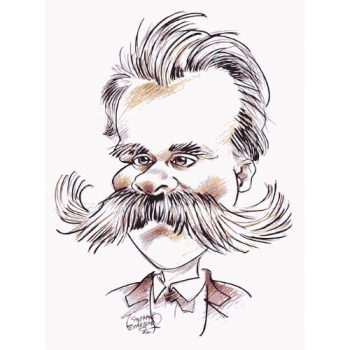“[For, he said,] the people should fight on behalf of the law as (they would) for (their) city wall.” (Robinson, 44) (Cp. Kahn 65, S, DK 44).
Both Sweet and Kahn favor the word “must” rather than “should” in the translation above. Heraclitus is speaking of a moral requirement or a practical obligation. A political unity needs to preserve against both external and internal dangers. A wall is built as protection against possible external threats, the law as a protection against internal ones.
Heraclitus has shown his disdain against the Ephesians for not having had sensible laws. They succumbed not to external threats but internal ones. In Heraclitus’ view, it would be best to start over with a new generation who one might hope would come up with more sensible laws.
In F30 Heraclitus similarly speaks to the way he does here of the need of a city for its law. There he emphasizes in particular that this city law must “be nourished” by the divine law. This is an early suggestion of a natural law theory. Since most people do not have sound thinking, however, it seems quite clear that Heraclitus will prefer rule by the few, or by the one, rule by the wise.
